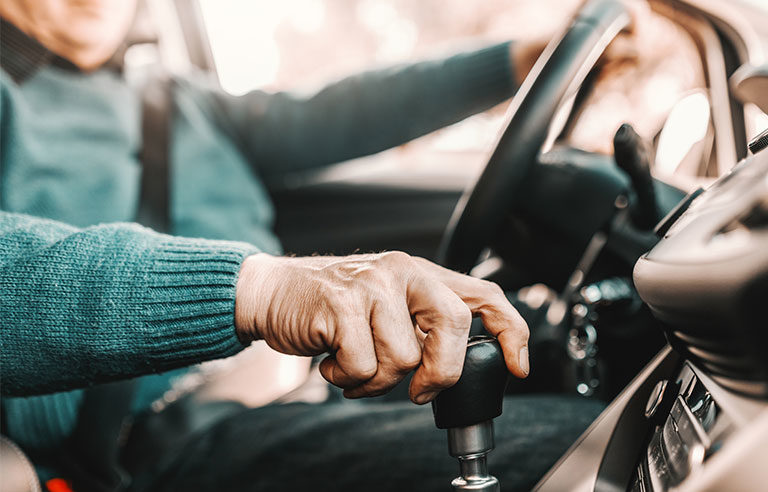Study links sleep apnea in older adults to unsafe actions behind the wheel

Older adults with sleep apnea may be more likely to engage in risky driving behaviors, according to researchers at Washington University in St. Louis.
The researchers looked at the driving and sleep habits of 96 adults 65 and older. A take-home test helped identify those with sleep apnea – a potentially serious disorder in which breathing repeatedly stops and starts, often causing snoring – and its severity. Data on driving habits was collected via a chip installed in the participants’ vehicles that recorded hard braking, sudden acceleration and speeding. That data covered more than 100,000 driving trips.
Findings show that for every eight additional breathing interruptions an hour, the odds of risky driving behaviors increased 27%.
“We didn’t have cameras in the vehicles, so we don’t know exactly what happened that caused someone to, say, brake hard suddenly,” study co-senior author Ganesh Babulal, an assistant professor of neurology at WashU, said in a press release. “But it could be something like a stoplight that they didn’t realize was red until they got close and had to stomp on the brakes. The more tired you are, the less attention you have to deploy to the task at hand, especially if it is novel and constantly changing.”
Fellow study co-senior author Brendan Lucey, an associate professor of neurology and director of the Sleep Medicine Center at WashU, added that although 30% to 50% of older adults have mild sleep apnea, the absence of daytime sleepiness or other impairment may keep the condition hidden from health care professionals.
“These findings suggest that we might want a lower threshold to evaluate older adults for sleep apnea and track their breathing interruptions,” Lucey said. “If their conditions worsen by just eight interruptions an hour, that could have significant adverse effects on their driving and their risk of suffering serious injury.”
The study was published online in the journal Sleep.
Post a comment to this article
Safety+Health welcomes comments that promote respectful dialogue. Please stay on topic. Comments that contain personal attacks, profanity or abusive language – or those aggressively promoting products or services – will be removed. We reserve the right to determine which comments violate our comment policy. (Anonymous comments are welcome; merely skip the “name” field in the comment box. An email address is required but will not be included with your comment.)
